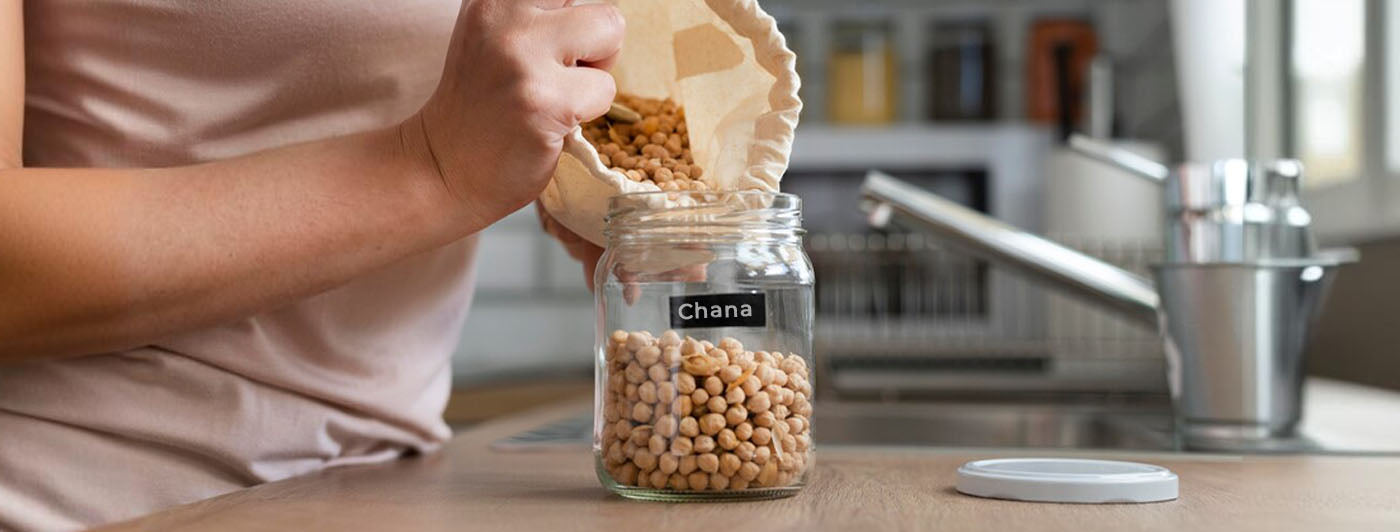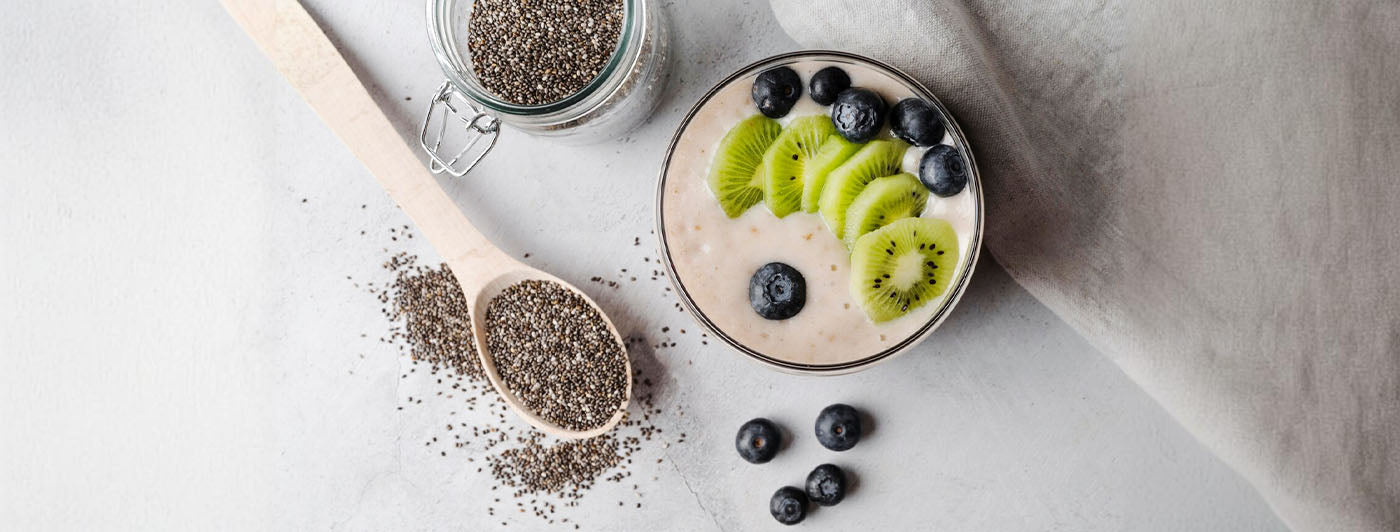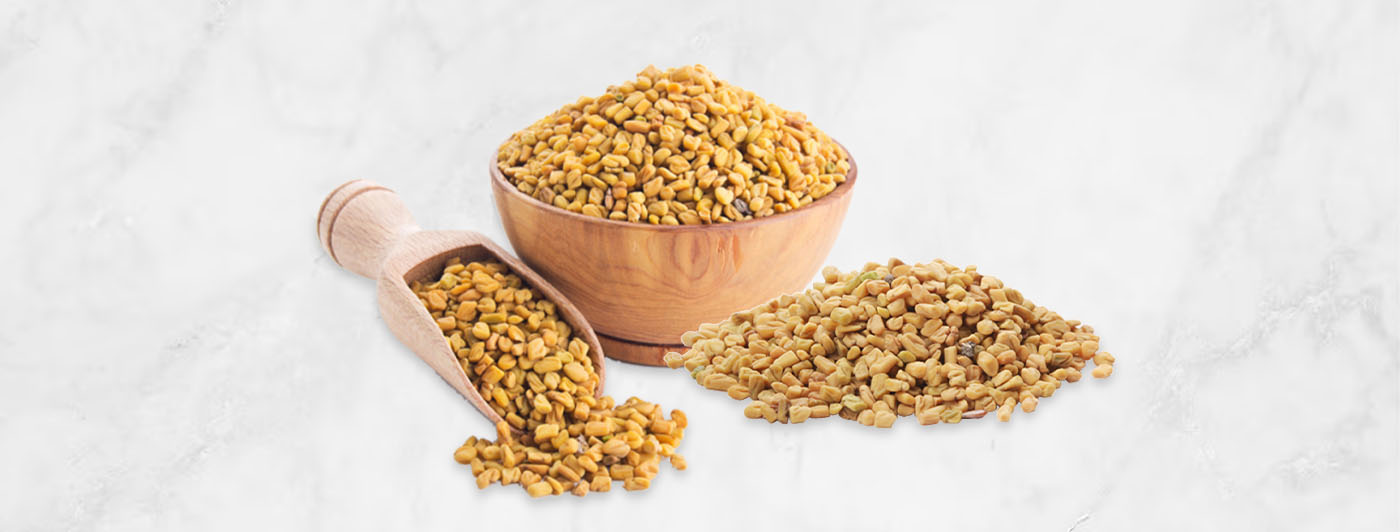When it comes to affordable, nutrient-rich plant-based protein sources, few ingredients are as versatile and powerful as chana. Known globally as chickpeas or Bengal gram, chana is a staple across Indian households—and for good reason.
But here’s a fact that might surprise you: 100g of raw chana packs nearly the same amount of protein as 3 whole eggs—without the cholesterol or saturated fat. Whether you're meal prepping for the gym, managing weight, or simply trying to eat clean, chana could be your secret weapon. But let’s answer the question everyone’s asking: How much protein in chana per 100g, and why does it matter?
In this article, we break down the full nutritional value of chana, its protein content, and why it should be a central part of your vegetarian or vegan diet. From supporting muscle gain to preventing deficiencies and aiding digestion, chana checks more boxes than you’d expect.
Chana Protein per 100g: The Core Nutrient Revealed
The primary nutritional reason chana is so widely appreciated is its protein content. On average, chana protein per 100g (uncooked, dry weight) amounts to 19–21 grams. That’s a significant protein boost from a whole food source—especially for vegetarians and vegans seeking to hit their daily macros.
When boiled, the water absorption lowers its protein concentration to about 8.9 grams per 100g, but because cooked chana is easier to digest and often eaten in larger quantities, it still contributes heavily to your protein intake.
Chana also has a relatively high protein digestibility-corrected amino acid score (PDCAAS) of 0.78, indicating it's a quality plant protein source, especially when combined with grains to provide all essential amino acids.
Nutritional Profile of Chana (100g, Dry Weight)
Understanding chana protein per 100g in isolation doesn’t do justice to this superfood. Here's a broader view of its complete nutritional breakdown:

Chana is nutrient-dense, offering an excellent balance of macronutrients and micronutrients, with special mention to its folate, magnesium, iron, and biotin content.
The Role of Chana in Muscle Gain
If you’re building a diet chart for muscle gain, chana deserves a front-row seat. Why?
High Protein Density: With chana protein per 100g providing up to 21g, it’s one of the richest plant-based protein foods easily available and inexpensive.
-
Sustained Energy: The slow-digesting carbohydrates keep you energized through long workouts.
-
Muscle Recovery: It contains leucine and isoleucine—two branched-chain amino acids (BCAAs) important for muscle repair.
-
Magnesium Support: Helps in proper muscle contraction and protein synthesis.
For optimal benefits, consume it post-workout with grains like brown rice or whole wheat for a complete amino acid profile.
Amino Acid Completeness
Chana, like most legumes, lacks methionine, one of the nine essential amino acids. However, cereals such as rice or wheat have enough methionine to compensate.
That’s why combinations like:
-
Chana dal with rice
-
Chole with roti
-
Chilla (besan pancakes) with oats
…are not just traditional—they're nutritionally complete meals offering balanced plant protein. And when you consider the impressive chana protein per 100g value, these combinations become even more powerful, delivering both macro and micro-nutrients essential for a well-rounded vegetarian diet.
Fiber Benefits: Gut Health + Satiety
Chana provides a whopping 17g of fiber per 100g, putting it on par with many fiber rich vegetables like carrots, peas, and spinach. Fiber plays a crucial role in:
-
Promoting gut flora
-
Improving bowel regularity
-
Reducing bad cholesterol
-
Controlling blood sugar
This makes chana a powerhouse for both digestive and metabolic health. With its high fiber content and the impressive chana protein per 100g value, it supports satiety, stabilizes blood sugar, and promotes smoother digestion. When combined with high-fiber vegetables, it creates a complete gut-friendly meal that’s both nourishing and balanced.
Chana and Biotin: Skin, Hair, and Hormonal Balance
Often overlooked, chana is also a good source of biotin (Vitamin B7), a nutrient vital for:
-
Fat metabolism
-
Cellular growth
-
Skin and hair health
People facing hair thinning or brittle nails might unknowingly be suffering from biotin deficiency disease. One serving of cooked chana can provide nearly 60% of your daily biotin needs. That’s impressive for a simple, natural food.
It’s one of the few whole foods that simultaneously qualifies as a biotin food and a protein powerhouse—something even expensive supplements struggle to achieve.
Comparing Chana with Other Protein Foods
Here’s a comparative look at chana protein per 100g versus other popular vegetarian protein sources:

While soy has the highest protein content, chana scores better in terms of fiber, versatility, and being less processed when compared to plant based protein powder or soy-based isolates.
Incorporating Chana Into Daily Meals
Chana is incredibly flexible and can be adapted across meal types:
-
Breakfast: Chilla (besan pancakes) with chutney
-
Lunch: Chana masala with roti or rice
-
Snacks: Roasted chana or chana salad
-
Dinner: Sprouted chana stir-fry with vegetables
-
Desserts: Besan ladoo (moderation needed!)
These combinations allow you to benefit from chana protein per 100g throughout the day, effortlessly.
For Vegan Diets: Chana and Protein Powders
For those supplementing with vegan protein powder, combining it with whole foods like chana ensures diversity in protein sources and maintains your gut microbiome health. Given the solid chana protein per 100g value, it’s a smart addition to both meals and snacks. Use besan to make high-protein flatbreads, or blend cooked chana into smoothies or energy balls to boost your intake naturally.
Chana also works well with oats, dates, and nut butters in homemade protein snacks—without the need for added sugars or chemicals.
The Takeaway
To sum it up:
-
Chana protein per 100g offers 19–21g of protein in its dry form, and ~9g when cooked.
-
It’s rich in fiber, minerals, and B-vitamins including folate and biotin.
-
It’s a low-cost, widely available, and highly versatile superfood.
-
It synergizes well with grains and vegetables to create complete, balanced meals.
-
It helps support muscle gain, digestive health, energy levels, and even aesthetic wellness through its biotin content.
In a world dominated by processed options and expensive superfoods, chana proves that nutrition doesn’t have to be complicated—or costly.












